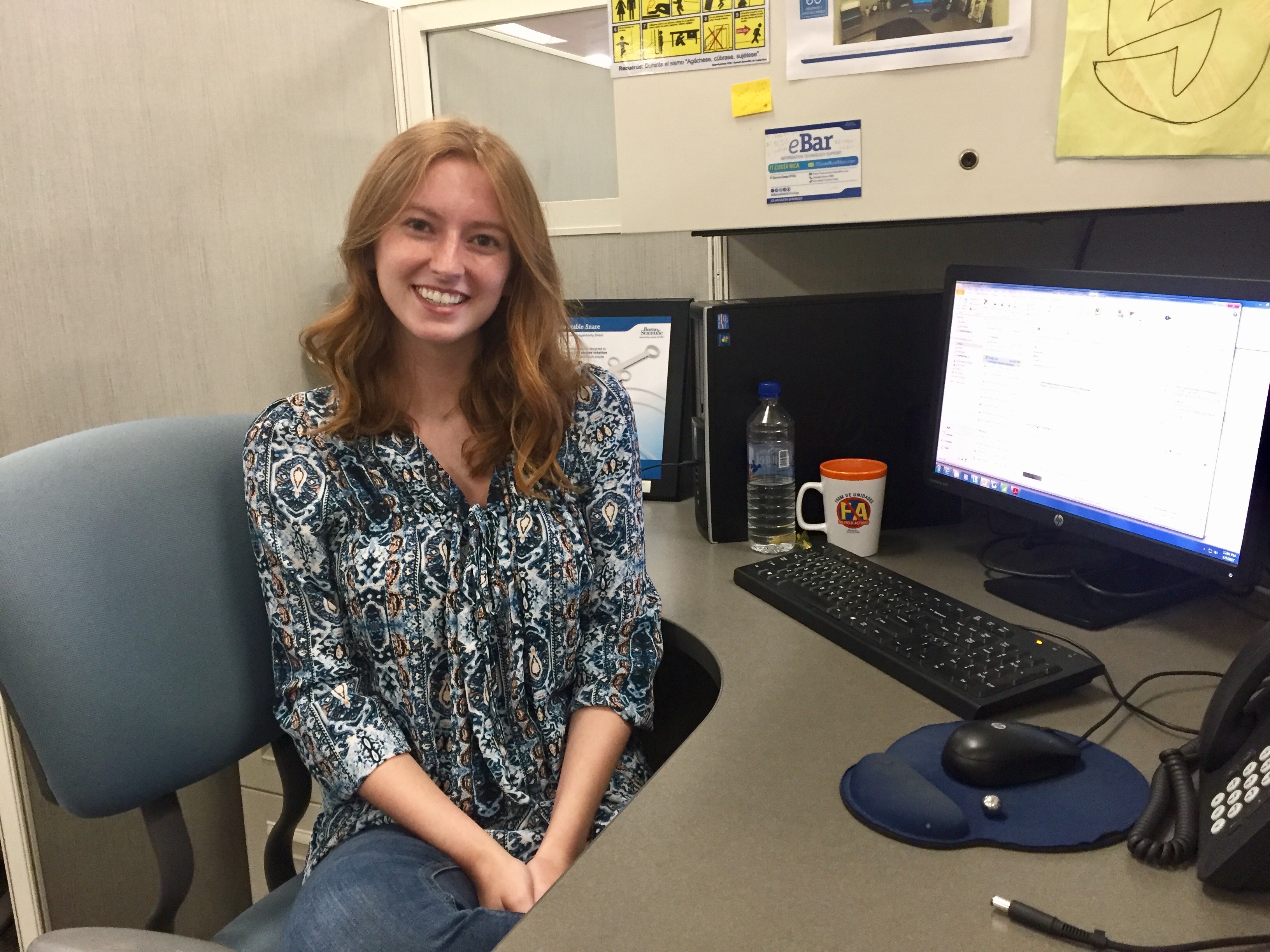It has been 11 weeks in Costa Rica, and my time here has come to an end. I’ve observed hospitals, stood in on medical procedures, built a prototype room for dialysis, and worked in teams with Costa Ricans varying from undergraduate students to seasoned professionals. At Boston Scientific, I worked on 3 projects and authored a test method validation protocol. I was fortunate to have enough time to see 6 beaches, a volcano, green mountains, a zoo, waterfalls and natural hot springs. I leave for Houston with a greater appreciation for Costa Rica, the quality and process development of medical devices, and the medical technology industry as a whole.
Yes! I’d sat in lectures and read articles about the booming potential of globally emerging markets, but I didn’t have a true appreciation for it until I was actually working for a medtech industry in an emerging market. Emerging markets are developing countries with a high demand for health care such as Costa Rica, India, China, Japan, and Brazil. Working in Boston Scientific showed me just how large this global opportunity is, and the exciting steps currently underway to transform healthcare into affordable and viable options for those who need it. Necessity breeds innovation, and emerging markets allow medtech industries to bypass western models and create new solutions.
At the beginning of this internship, I honestly didn’t know what a Quality and Process Development (QAPD) engineer’s role was, but now I have a great understanding and respect for the position. A QAPD engineer must expertly communicate and work with many departments. In my experience, I worked with manufacturers, external vendors, shipping, and R&D in both Costa Rica and the United States.
Essentially, a QAPD engineer takes R&D’s designs and ideas and makes them a reality, resolving all the problems that happen along the way. I’m very appreciative of my manager, Ana Maria, who explained in lecture format a medical device’s journey through a QAPD engineer’s hands at the beginning of my internship. This gave me a good foundation of truly understanding the “How’s and Why’s” behind the role, and lessened the learning curve when working on my 3 projects.
Is it really all that they said it would be?
I could have pursued working in the medtech industry immediately after I graduated in May 2017, but I’m extremely glad I didn’t. Knowing what I know now in just 11 weeks easily saved me 3-5 years of working in different positions and slowly exploring the medtech industry for the role that was right for me. Not only has this investment in GMI saved me valuable time in my future career, but it’s made me more confident about my career direction (something I’ll dive into in a later blog post). This program isn’t cheap, but I believe with 100% certainty that this investment in myself will return as an investment in the future company who takes the chance to hire me. One thing I really appreciate about the GMI program from the moment I met Dr. Richardson and Sheretta was this: they are open about what they like and what they want to change in the program. Because of their great communication and transparency about their intentions with the program, nothing came as a surprise. And by surprises I mean there were no disappointing changes, no sudden drops in organization, and I felt like every moment of my time was maximized to its full potential. As an engineer, I truly appreciate this about the GMI program. As I close the Costa Rican chapter of the GMI graduate program, I look forward to the rewarding work ahead working on my implementation project and taking classes to further my skillset! Thanks for reading!
I hiked dog mountain this summer! So much fun with 900 wagging tails. The casado pictured later was hands down the best meal ever after the long dog-filled day.




